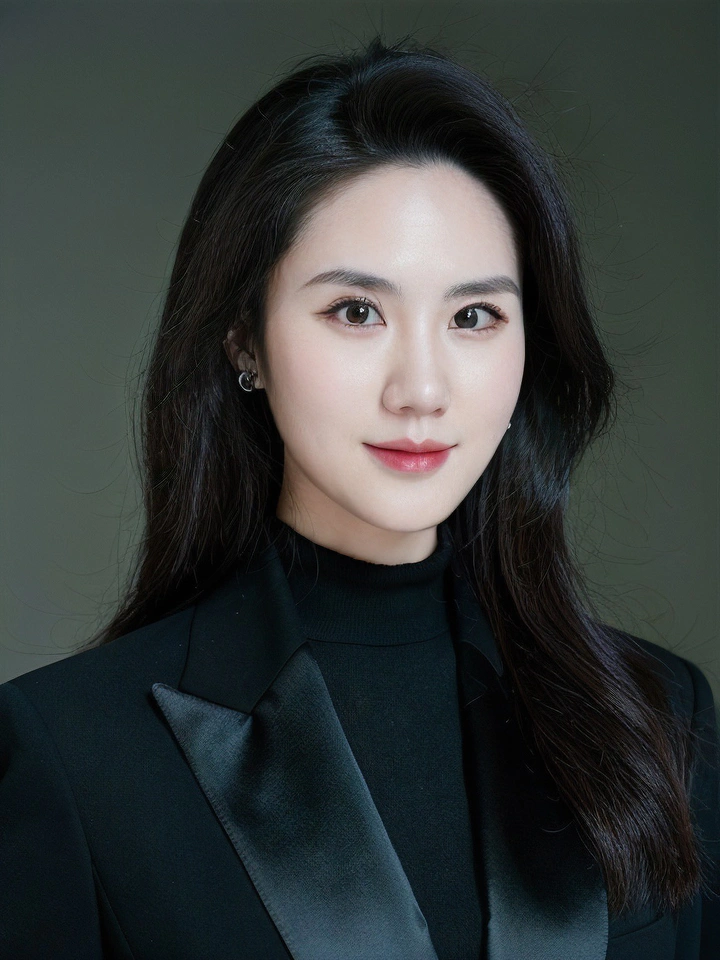AI-Driven Precision Oncology - From Imaging Phenotypes to Liquid Biopsy

Abstract:
Body composition analysis through CT imaging has emerged as a powerful tool for predicting cancer treatment outcomes. My research journey demonstrates how AI-enhanced radiological assessment evolves from imaging phenotypes to liquid biopsy biomarkers. Initially, I discovered that subcutaneous adipose tissue could predicts chemotoxicity in cancer, supporting personalized dosing. This led to developing a clinical model integrating skeletal muscle and clinical data to predict immunotherapy response. Further investigation revealed that skeletal muscle changes correlate with tumor-infiltrating cytotoxic T-cells in lung cancer, establishing the link between host phenotype and immune microenvironment. These imaging insights guided my transition to liquid biopsy research, where circulating biomarkers offer non-invasive, real-time monitoring of treatment response. This translational approach bridges static imaging phenotypes with dynamic liquid biopsy, advancing precision oncology.
About Yan:
Dr. Yan Sun, MD, PhD, is a postdoctoral researcher at the Department of Genetics & Cell Biology, Maastricht University, specializing in precision oncology. Following her medical training and oncology residency in Shanghai she completed her PhD on “Body Composition in Cancer Cachexia” in Maastricht University. As co-founder of liquid biopsy startup Dcode and Vice Director of the Association of Chinese European Innovation and Entrepreneurship (ACEIE), she bridges academic research with clinical translation. Dr. Sun integrates CT imaging, tumor immunology, and liquid biopsy to develop precision medicine tools that improve patient outcomes while reducing healthcare costs. She also communicates medical science to over 300,000 followers.